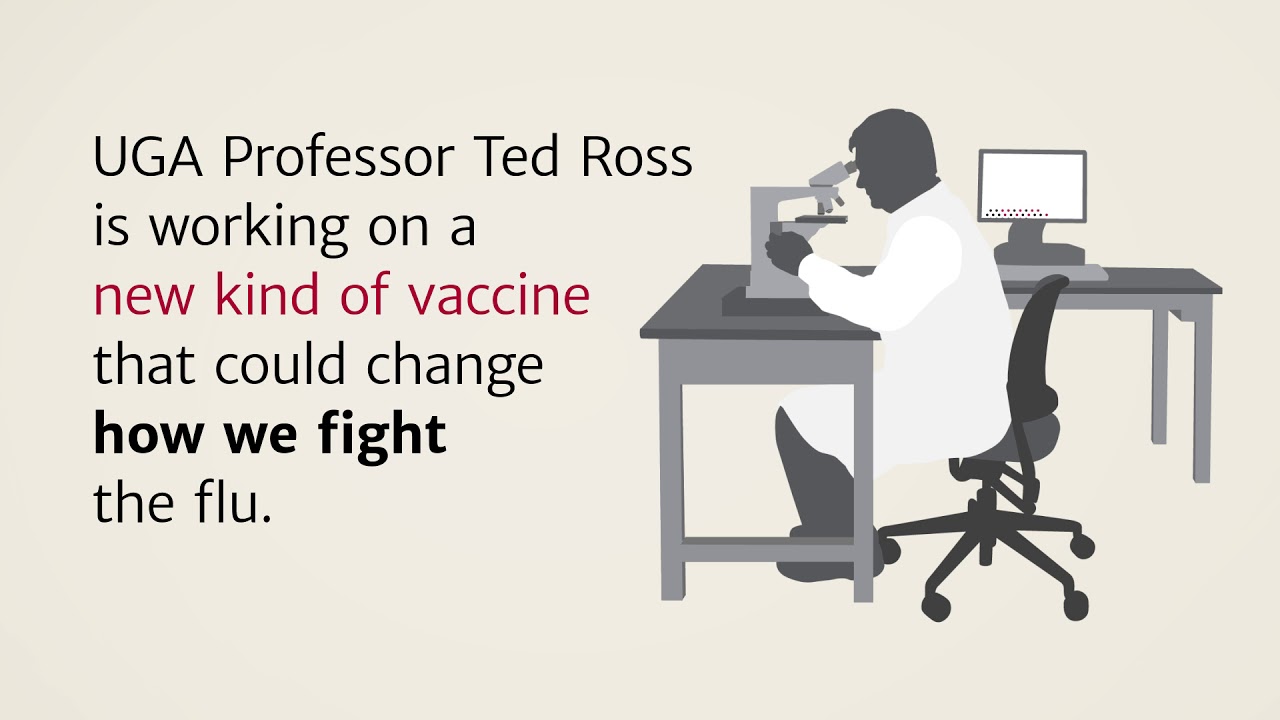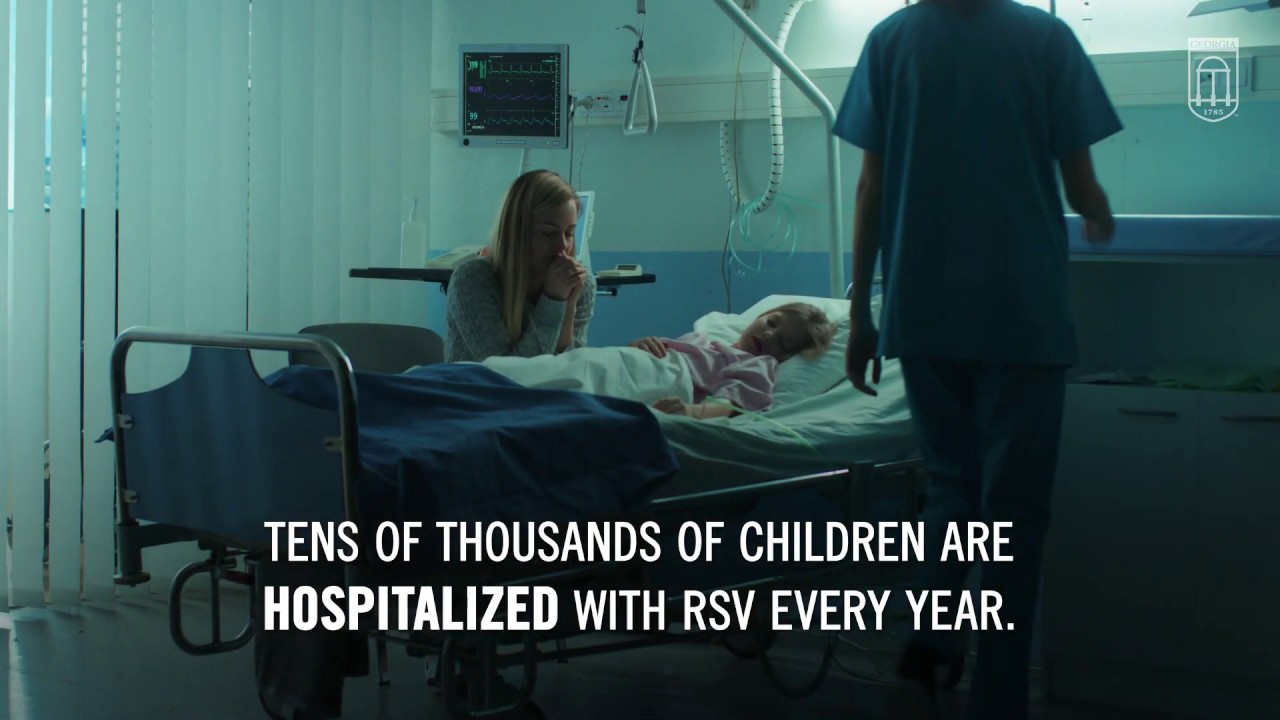More U.S. preteens are getting their recommended vaccinations, according to a new study appearing in the Morbidity and Mortality Weekly Report from the Centers for Disease Control and Prevention.
Overall, the study found that vaccine coverage is improving, but specifically, the uptake of the HPV vaccine has increased by 5.1 percent.
Human papillomavirus, or HPV, is the most common sexually transmitted infection, currently affecting more than 79 million people in the United States. Though a vaccine has been available for over a decade, vaccination rates have been historically low compared to other recommended preteen vaccinations.
“While HPV vaccination rates remain lower than rates for Tdap and meningococcal vaccination, we have actually seen a trend of increasing HPV vaccination rates in recent years,” said study author Tanja Walker, an epidemiologist with the CDC and doctoral student at the University of Georgia College of Public Health.
To estimate vaccination coverage, Walker and her collaborators analyzed data from the 2017 National Immunization Survey-Teen, which included responses from almost 21,000 teens aged 13 to 17.
Vaccine coverage for meningococcal diseases also increased, and vaccinations for tetanus, diphtheria and whooping cough remained high. Nearly two-thirds of U.S. preteens received at least one dose of the HPV vaccine.
Walker points to the success of education campaigns and other programs that enable families living below the poverty line to access vaccines for their children and teens. Still, some coverage gaps persist.
They found that teens living in rural areas were less likely to have had the HPV vaccine, which could be explained by the fact that there are fewer pediatricians serving in rural communities compared to urban areas, the authors write.
The main reason parents report for not getting the HPV vaccine for their child, says Walker, is that it wasn’t recommended by their doctor.
“Research has shown physicians tend to underestimate how much parents value HPV vaccine compared to other recommended vaccines,” said Walker. “As a result, physicians may not recommend HPV vaccine as effectively as other vaccines.
The CDC encourages parents to ask their doctor or nurse about the HPV vaccine to protect their child against cancers caused by HPV and recommends two doses of HPV vaccine for all preteens at ages 11-12.
Parents can find more information about the HPV vaccine, including information about the safety of the vaccine on the CDC’s HPV website: https://www.cdc.gov/hpv/.






